Please click on the red box below to make your reservations
Bridgewater Banquet and Conference Center Powel, Ohio
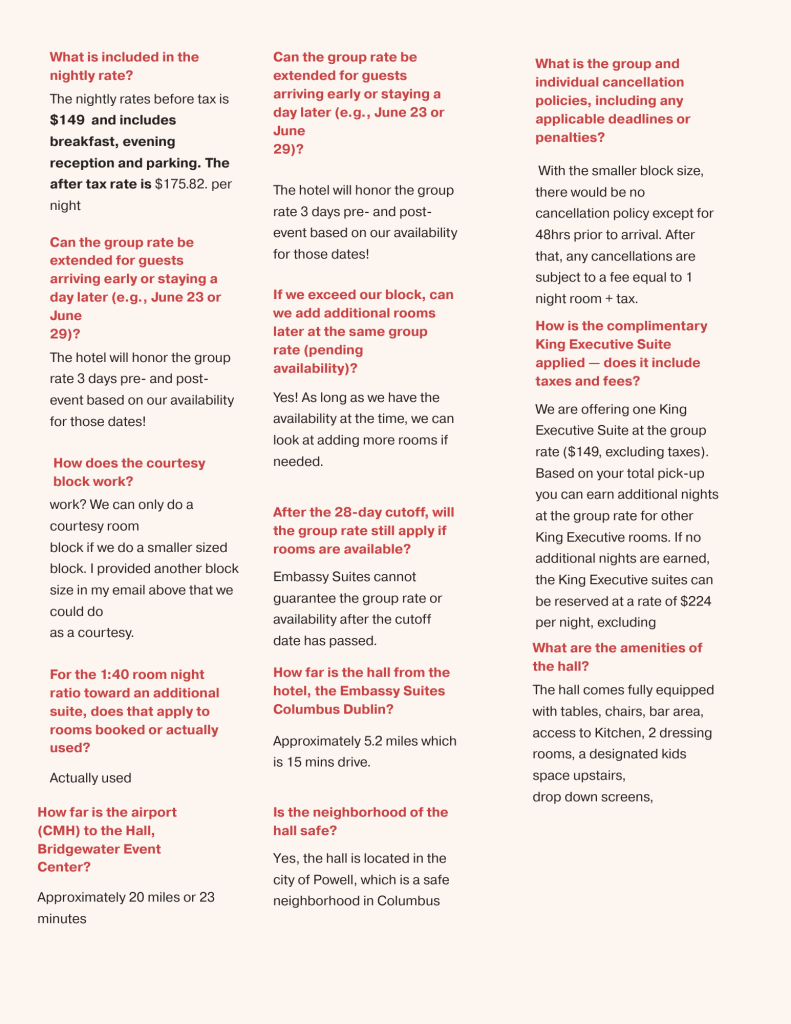
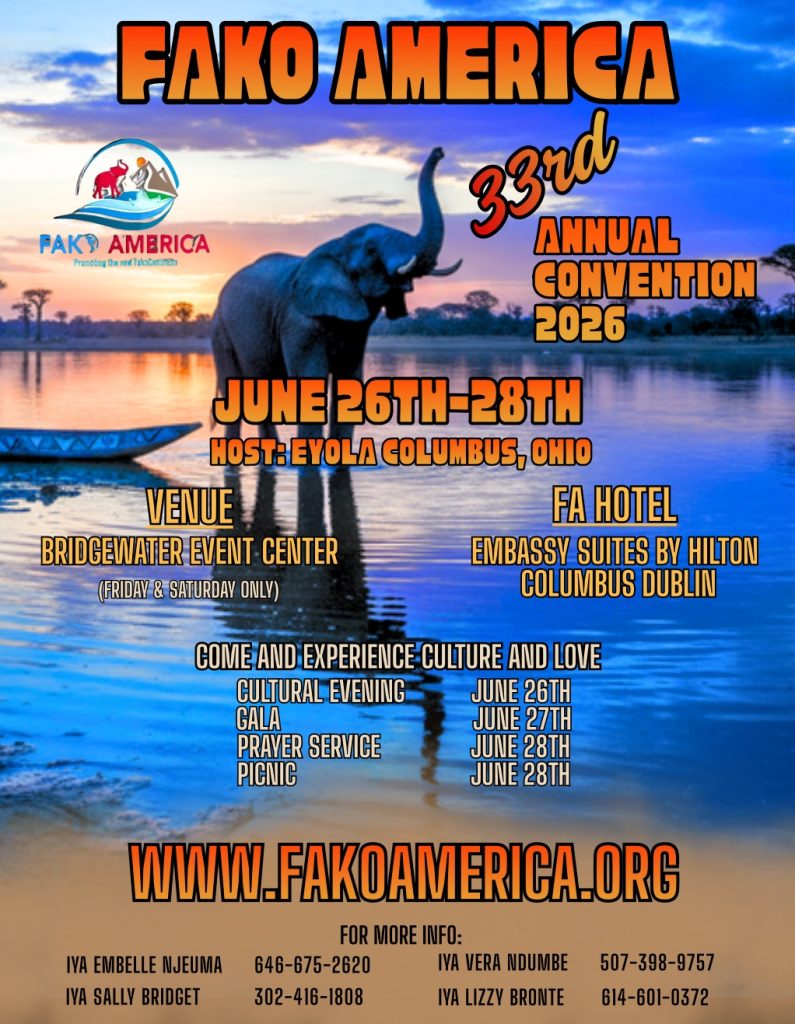
Fako America’s humanitarian efforts bring hope and support to internally displaced persons in the Fako region of Cameroon. Every year, we deliver essential goods and services to families facing unimaginable challenges.
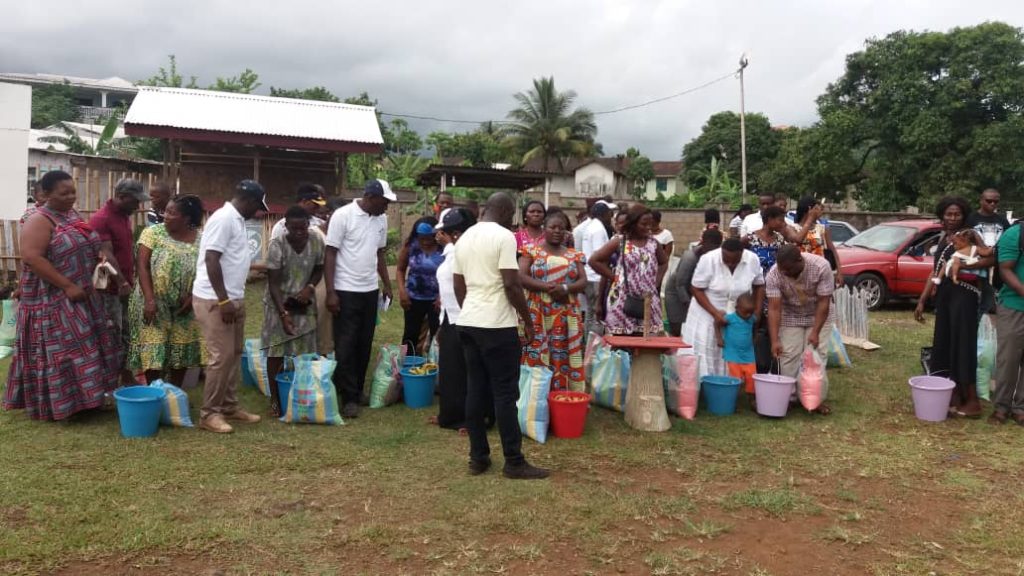
Fako America believes education is the cornerstone of opportunity. Our scholarship program provides financial support to students across a variety of academic institutions, empowering the next generation of leaders.
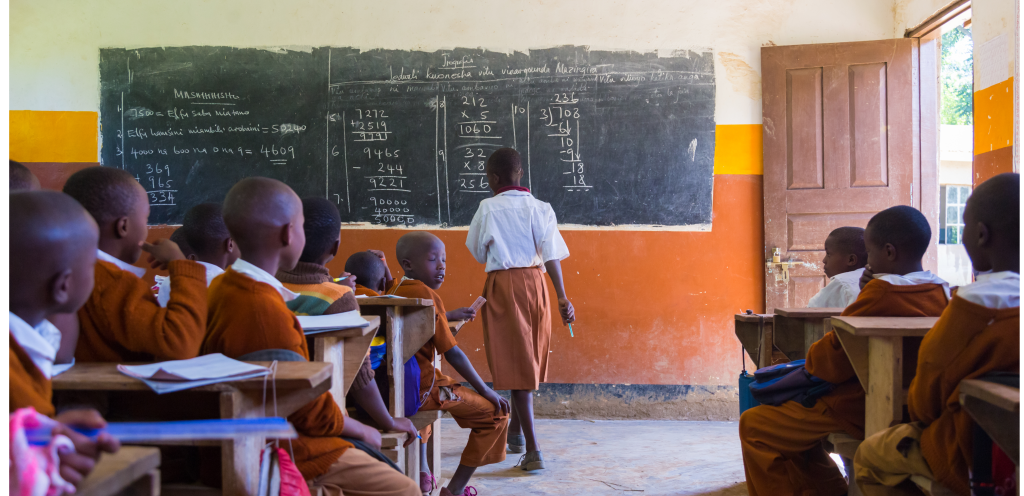
Prioritizes health and clean water access for communities in need. From supporting cholera outbreak relief efforts to tackling the COVID-19 pandemic, we’ve pivoted to address long-term challenges by excavating boreholes to provide potable water.
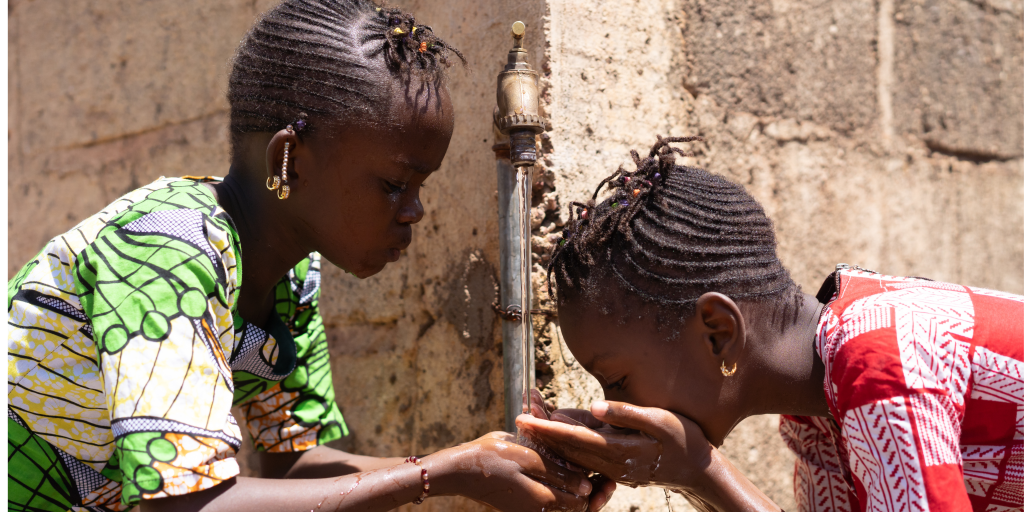
Santa Smiles brings joy and celebration to children in orphanages across the Fako region during the holiday season. With thoughtful gifts, festive activities, and love-filled celebrations, we make Christmas a time of hope and happiness.
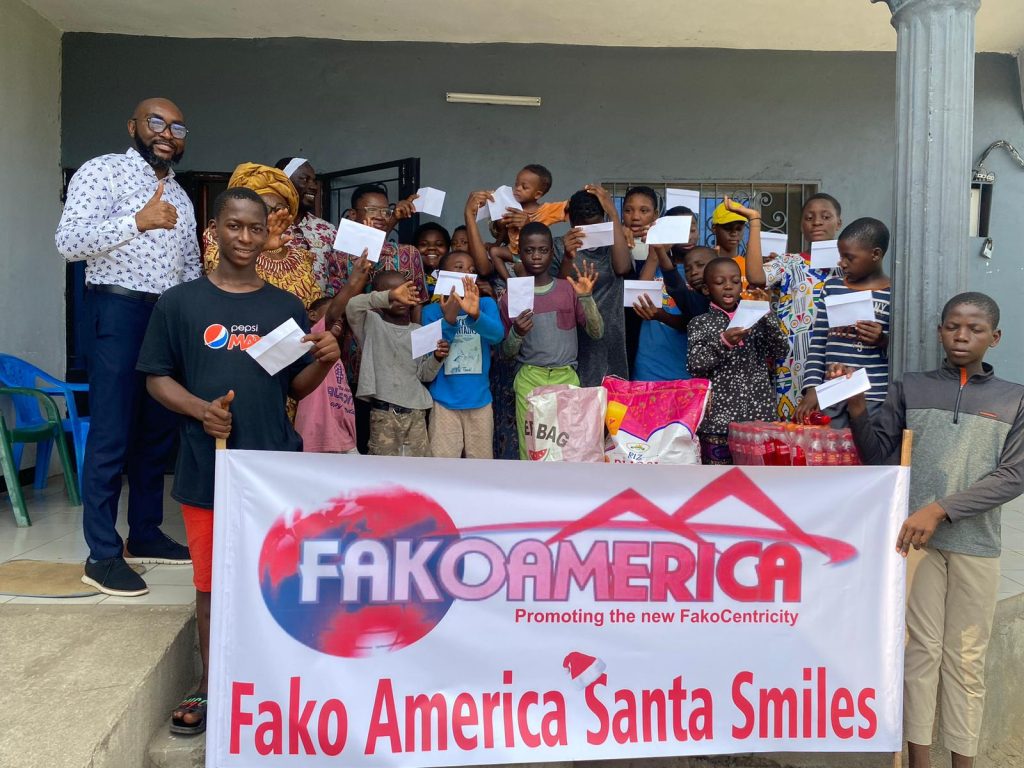
Mola Julius Nammeh
Mola David Ikome Ngeve
9709 Byward Blvd, Bowie,MD 20721
fakoamerica@yahoo.com